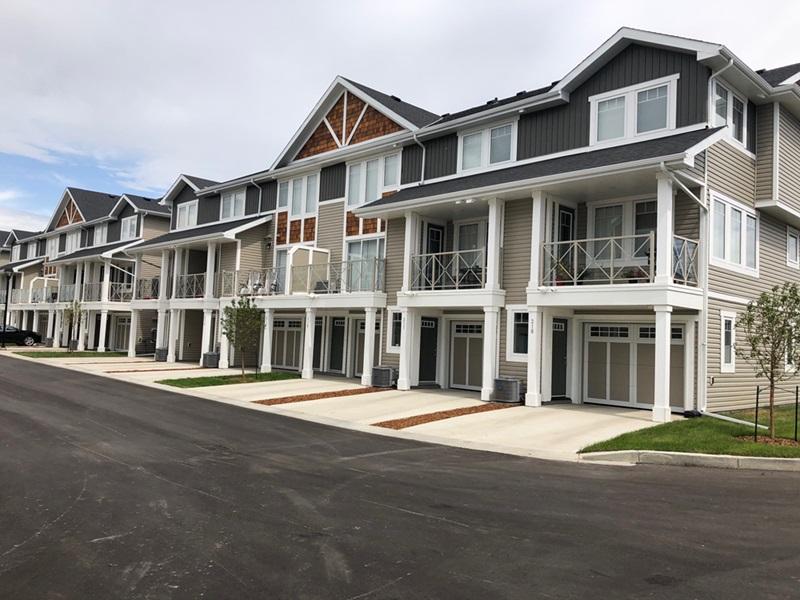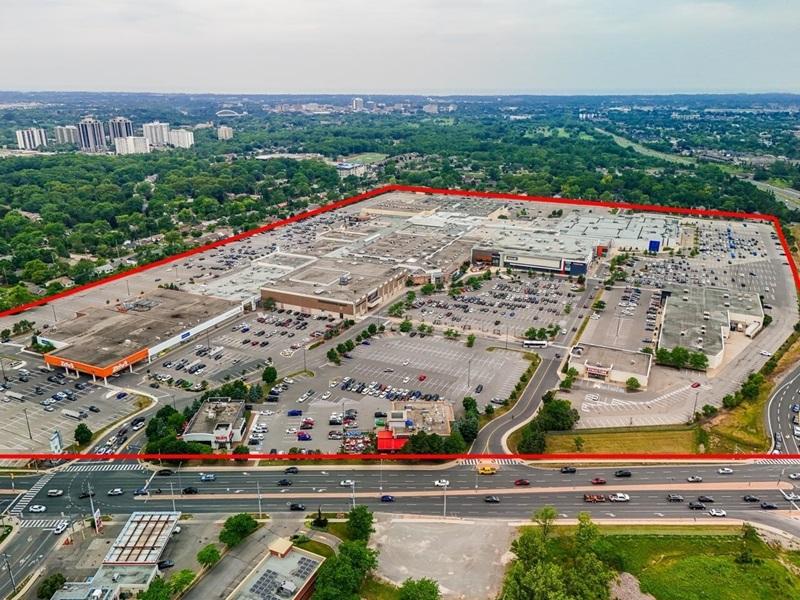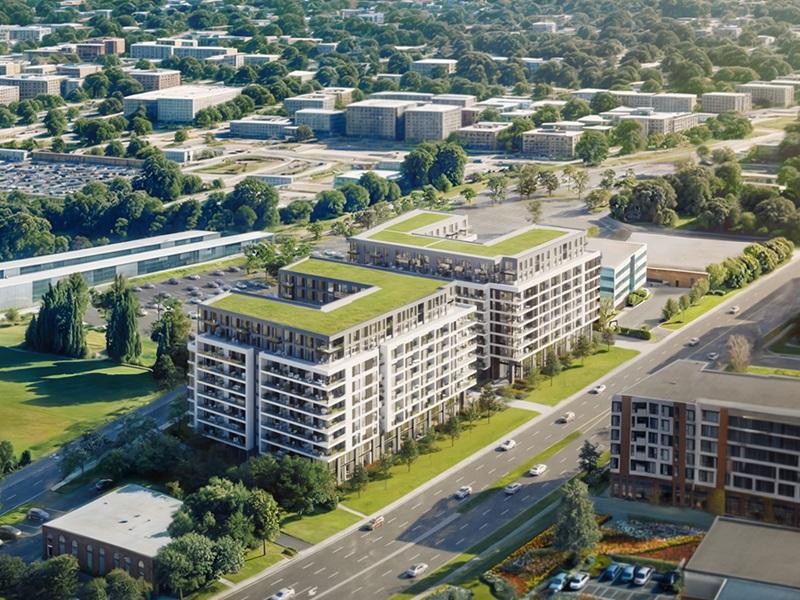
Joseph Nakhla is the CEO of Tribe, which offers both a property technology platform as well as property management to the residential and retail sectors. (Courtesy Tribe)
Joseph Nakhla founded a software company in 2012, moved into property technology and most recently has also entered the world of property management.
His uncommon business model has paid off. At the start of 2018, Tribe Property Technologies had 2,500 to 3,000 homes under management and was operating from one office in Vancouver. Today, with growing subsidiary Tribe Management, the company has about 40,000 homes under management, seven offices and nearly 200 employees across Canada.
The publicly traded firm has also been on a bit of a merger and acquisitions spree, having purchased six companies and formed partnerships with developers and other industry stakeholders.
Tribe Management’s latest amalgamation is with Gateway Property Management at the end of July, which meant Gateway properties transitioned to the Tribe IT infrastructure and what the company calls a higher level of security.
“What we are doing is very, very uncommon,” said Nakhla, Tribe’s chief executive officer. “These are very different worlds that don’t traditionally intersect. That’s what makes what we’re doing unique, and not because we are brilliant. The reason is because, frankly, we have the stomach to go through the digital transformation requirement, to look at someone’s day and see where tech can intersect that.
“Tech is not the silver bullet to solving living problems in cities,” he added. “It has its place, and we are confident we can help residents make better decisions.
“In North America, everybody is dealing with the same types of problems. Communities are changing in size and shape, and they need good solid support on the management side. All the pandemic did was shed a big spotlight on the shortage of modernization that the industry struggled with, specifically property management.”
Tribe manages condos, purpose-built rentals
Nakhla said the opportunity for growth came organically. Strata corporations using Tribe’s technology frequently told him the company should enter the service side of business. Nakhla said he could see some property management companies who were licensed to use Tribe’s software could be inconsistent in their service offerings.
Today, Tribe’s management services have been focused mainly on condo management and institutional management of major rental projects. The company offers construction and pre-completion software for developers, as well as a post-occupancy platform. The software is licensed to companies throughout North America.
The real estate industry has had a lot of room to modernize by way of digitization, particularly during the past year, and Nakhla said there’s still a lot of room for disruption.
“There’s been a lot of investment and great innovation that has come into the way units are sold, and the way homes are being listed, the way realtors operate — even finding the right mortgage or insurance product has generally been modernized. But really the operation of the community, or the building, has not evolved that much in last 20 or 30 years and we think there is big opportunity there.”
The opportunity has been substantial during the pandemic year. As of the end of Q1 2021, he’d seen an increase of 250 per cent in year-over-year revenue.
The emergence of proptech sector
Proptech has gone beyond the unicorn valuations phase.
With the pandemic, it shifted from a fear-of-missing-out-on-investment trend to now occupying a more measured needs-based place within the industry, according to a joint PwC and Urban Land Institute 2021 report, Emerging Trends in Real Estate. After years of acceleration, the funding and number of deals in proptech tapered off by 2020.
Today, areas of proptech investment focus on business continuity, such as ensuring safe reopening of offices, customer engagement such as virtual selling tours, construction technology, and tools to manage costs and efficiencies.
“At a time of increased pressure on the business, real estate companies are looking for solutions to manage their costs, particularly those that do not get passed on to tenants,” the report states. “From tools to monitor buildings remotely to project management software that streamlines operations on a single platform, interviewees told us how the pandemic has sped up their search for efficiencies through proptech.”
Nakhla said his company’s growth is coming from several areas, including condo corporations seeking digital tools to manage their buildings and connect residents, or developers looking to create digital construction and post-occupancy management. Buildings are virtually represented to manage systems remotely and efficiently.
“We saw a big increase in the desire for communities to move toward digital tools, something as basic as, ‘hey, we live in this community and we have a great gym. We are trying to figure out how to use the gym in a safe manner.’ A lot of people are looking to do things without paper, such as paying fees online, communicating with the concierge online. That digital transformation frankly accelerated quite a bit over the pandemic,” Nakhla said.
Digital toolbox
Another source of growth is developers who want to save costs by offering digital tools such as digitized manuals, warranties and walk-through construction deficiency reports. Tribe technology connects residents, councils, developers, landlords and trades.
“And a third bucket, really important, is that we are seeing a lot more rental purpose communities, either institutional or condo developers who are starting to go into rental development, and building rental buildings,” said Nakhla. “And it’s a longer hold now. You are seeing more of that from real estate developers. They are going, ‘okay, we are good at building condos. We would like to start building communities,’ and they don’t have the desire or manpower to manage it themselves. We help them engineer or architect the economics around it, the operational economics.”
Because the company has moved into the condo market, it has also taken on mixed-use projects with retail.
“A little-known fact about us is we manage almost 1.5 million square feet of commercial real estate, but the reason we don’t talk much about it is because it’s part of being involved in brand-new communities that are mixed use. They are coming onto the market, they have retail and office and mostly residential.
“Because we have a holistic approach to managing we end up managing the commercial side. We have the ability to do it.”











